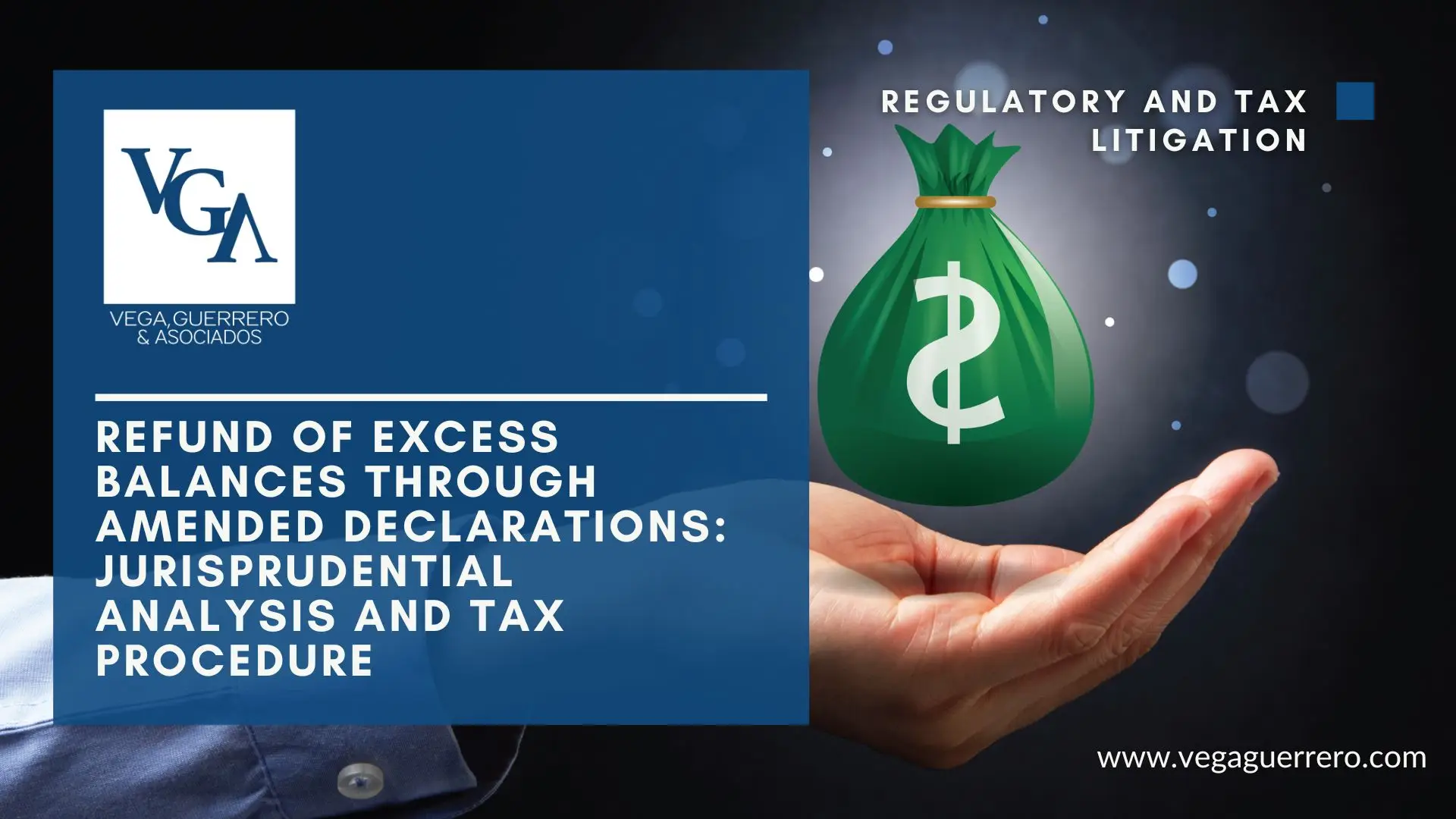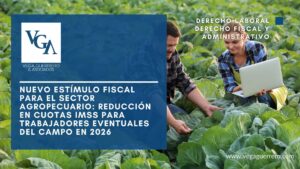REFUND OF THE BALANCE IN FAVOR OF COMPLEMENTARY TAX RETURNS. THIS IS APPLICABLE AS LONG AS THEY MODIFY THE TAX SITUATION OF THE TAXPAYER THAT PREVAILED AT THE TIME OF THE PARTIAL OR TOTAL REFUSAL AND REFER TO SUBSTANTIVE ASPECTS NOT REVIEWED BY THE AUTHORITY.
In recent days, the Judicial Weekly of the Federation published the jurisprudence PC.III.A. J/28 A (11a.) issued by the Plenary of the Third Circuit, which analyzed contradictory rulings regarding whether or not it is possible to request again the refund of a credit balance that had previously been denied, whether partial or total, based on the filing of complementary tax returns, in terms of article 32 of the Federal Tax Code.
In such thesis, the judges of the Plenary of the Circuit determined that it is legally possible to request again the refund of a credit balance that had previously been partially or totally denied by the tax authority based on the filing of supplementary returns, provided that they modify the tax situation of the taxpayer that prevailed at the time of the partial or total denial and that they refer to substantive aspects not reviewed by the authority.
Thus, the jurisprudence states that Article 32 of the Federal Tax Code, in light of the referred principle of self-assessment, regulates the procedure to modify the final return through the complementary return and establishes, in this sense, that the returns filed by taxpayers are final, and determines that they can only be modified by the taxpayer himself “up to three times”, provided that the exercise of the powers of verification has not been initiated.
Derived from the foregoing, it is valid to state that the return filed by a taxpayer is definitive, but according to the same article, the interested party has the right to modify the declaration up to three times, by filing returns that are considered complementary but that replace the previous one, which must contain all the data required by the return, even if only some of them are modified, since in this way, the taxpayer may correct omissions or errors that it deems to have committed related to substantial aspects.
Therefore, it is feasible that the taxpayer may again request a tax refund based on complementary tax returns, even if it had been previously denied partially or totally and had not been contested, provided that the cause for the new request, derived from this new tax situation, is different from the cause that caused the denial.
Derived from the above, the tax team of Vega, Guerrero & Asociados remains at your disposal to provide the corresponding support and advice for compliance with these provisions in tax matters.




